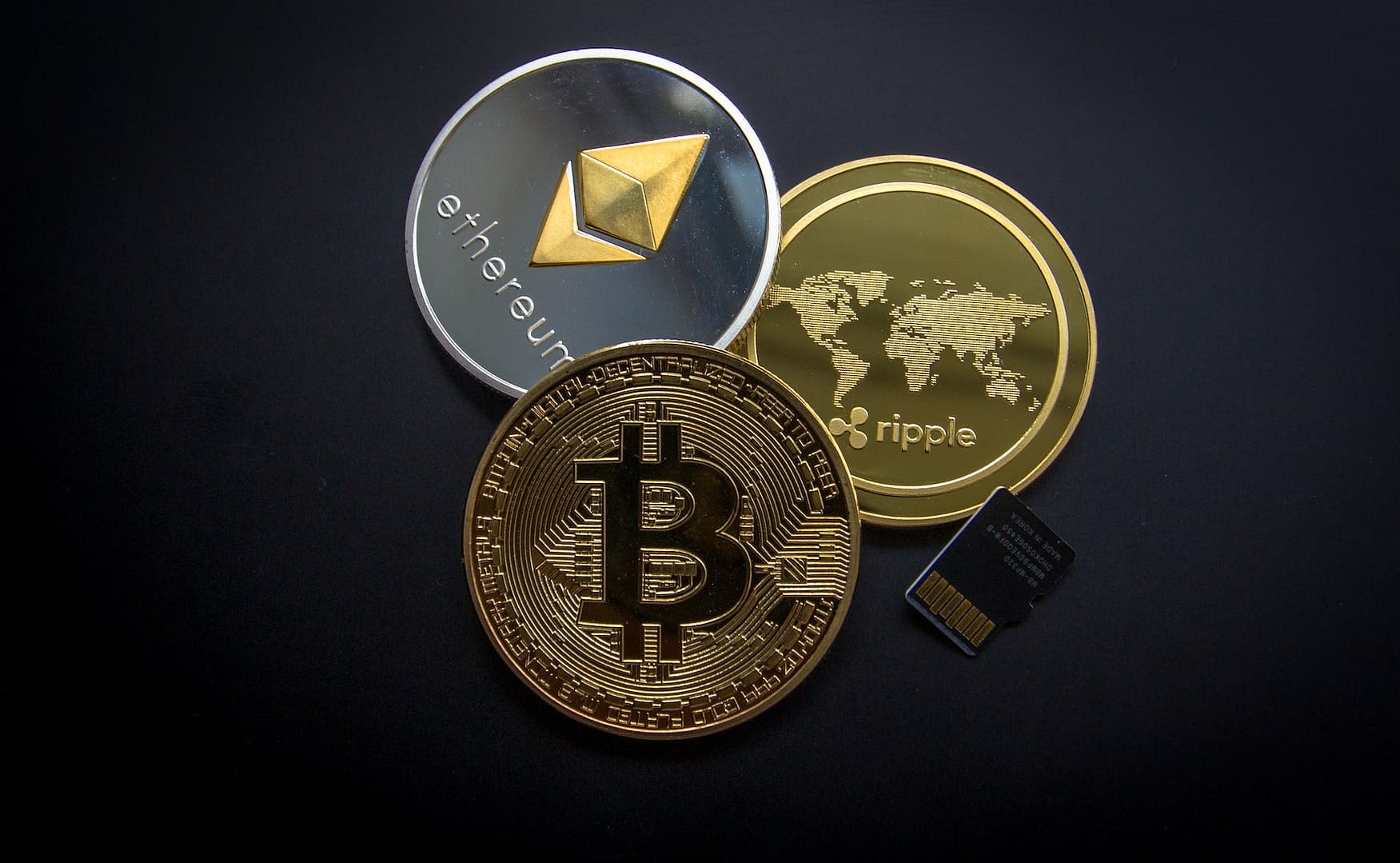The purpose of this blog post is to address some of the most common misconceptions about Bitcoin, a decentralized digital currency that has been gaining in popularity in recent years. Despite its growing popularity, there are still many people who are unsure about what Bitcoin is and how it works. In this post, we will aim to clear up some of the misunderstandings and provide a better understanding of this revolutionary technology.
Have you ever heard of Bitcoin but were too intimidated to ask what it is or how it works? If so, you are not alone. Bitcoin can seem confusing and mysterious to those who are not familiar with it, and there are many myths and misconceptions floating around about what it is and how it functions. In this post, we will aim to debunk some of these myths and provide a better understanding of this revolutionary technology. So if you have ever been curious about bitcoin but didn't know where to start, this post is for you!
Here are a number of misconceptions about bitcoin that are commonly held by people who are not familiar with the technology. Here are a few of the most common misconceptions:
- Bitcoin is anonymous: While it is true that bitcoin transactions are not directly linked to an individual's personal information, they are not completely anonymous. Bitcoin transactions are recorded on a public ledger, called the blockchain, which can be accessed by anyone. This means that it is possible, although difficult, to trace the ownership of a particular bitcoin address.
- Bitcoin is not a legitimate currency: Some people believe that bitcoin is not a legitimate currency because it is not backed by a physical commodity or a government. However, bitcoin is accepted as a form of payment by many merchants and can be used to purchase goods and services just like any other currency.
- Bitcoin is used primarily for illegal activities: While it is true that bitcoin has been used in some illegal activities, such as money laundering and drug trafficking, it is not primarily used for these purposes. In fact, the majority of bitcoin transactions are for legal purposes, such as buying and selling goods and services
- Bitcoin is not safe: While there have been some instances of bitcoin exchanges being hacked and users losing their funds, the bitcoin network itself is secure. Bitcoin uses advanced cryptography to protect transactions and prevent fraud, and it is generally considered to be a safe and secure way to transfer and store value.
- Bitcoin is not useful: Some people believe that bitcoin has no practical use and that it is only used as a speculative investment. However, bitcoin has a number of real-world uses, including the ability to send and receive payments quickly and cheaply, regardless of location or financial institution. Bitcoin can also be used as a store of value, similar to gold, and it is an increasingly popular option for individuals and businesses looking for an alternative to traditional financial systems.
In conclusion, it is clear that there are many misconceptions about bitcoin that can lead to misunderstandings about what it is and how it works. While it is true that bitcoin is a relatively new and complex technology, it is not as mysterious or intimidating as some may believe. By understanding the basics of how bitcoin works and dispelling some of the myths and misconceptions about it, we can gain a better appreciation for the potential of this technology and how it can be used in the future.
Whether you are a seasoned cryptocurrency user or are just starting to learn about bitcoin, it is important to educate yourself about this technology and to separate fact from fiction. By doing so, you can make informed decisions about whether bitcoin is right for you and how you can use it in your daily life.






